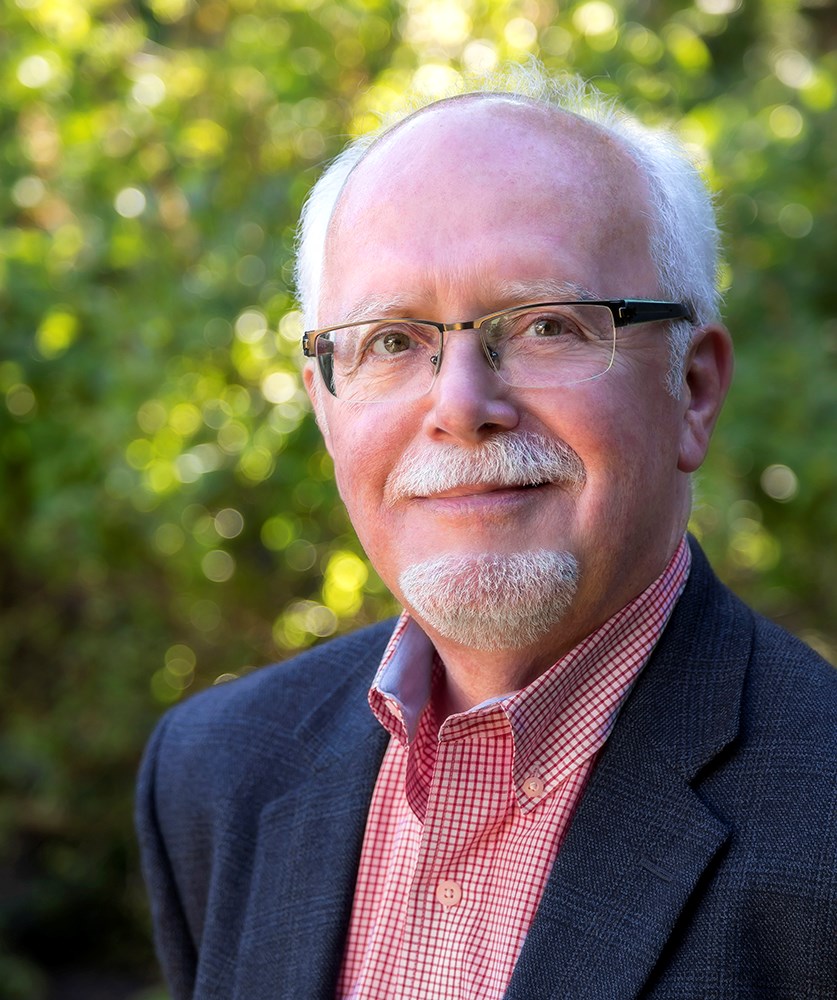 The initial inspiration for the movie,╠²A Beautiful Day in the Neighborhood, in which Tom Hanks plays Mr. Rogers, was Tom JunodŌĆÖs article ŌĆ£Can You Say ŌĆ” Hero?ŌĆØ which appeared in╠²Esquire╠²magazine in November 1998.
The initial inspiration for the movie,╠²A Beautiful Day in the Neighborhood, in which Tom Hanks plays Mr. Rogers, was Tom JunodŌĆÖs article ŌĆ£Can You Say ŌĆ” Hero?ŌĆØ which appeared in╠²Esquire╠²magazine in November 1998.
Writing in the November 2019 issue of╠²The Atlantic, Junod says the movie ŌĆ£seems like a culmination of the gifts that Fred Rogers gave me and all of us, gifts that fit the definition of grace because they feel, at least in my case, undeserved.ŌĆØ[1]
Although WebsterŌĆÖs defines grace as ŌĆ£unmerited divine assistance given man for his regeneration or sanctificationŌĆØ and Funk and Wagnells says itŌĆÖs ŌĆ£The unmerited but freely given love and favor of God toward man,ŌĆØ the term ŌĆ£unmeritedŌĆØ in these definitions seems to clang discordantly with other spiritual perspectives, e.g. Matthew 10:30, which tells us our ŌĆ£worthŌĆØ is such that ŌĆ£even the hairs [on our heads] have all been counted.ŌĆØ╠²╠²IŌĆÖd suggest these definitions would be better without the word ŌĆ£unmerited,ŌĆØ which can be read to imply a certain diminishment that runs counter to the sense of beneficence and the extraordinary that often accompanies an experience of grace.
The American mystic David Spangler says that grace ŌĆ£may indeed flow to us in response to our worthiness, but we canŌĆÖt make grace happen.╠²╠²It is a true gift.╠²╠²What is wonderful to me is that we, also, can be ŌĆśgraceful.ŌĆÖ╠² We can give the gift of who we are back to God; in other words, we, too, can bestow grace, which in a way is an attribute of the unconditionality of love:╠² I love God not for what God can do for me but because I am love and God is love and grace flows naturally to each other without being a requirement or a condition.ŌĆØ[2]╠²╠²
In his 1978 bestseller╠²The Road Less Traveled, Dr. M. Scott Peck writes: ŌĆ£let us redefine serendipity not as a gift itself but as a learned capacity to recognize and utilize the gifts of grace which are given to us from beyond the realm of our conscious will.╠² With this capacity, we will find that our journey of spiritual growth is guided by the invisible hand and unimaginable wisdom of God with infinitely greater accuracy than that of which our unaided conscious will is capable.ŌĆØ[3]
In a recent online article, ŌĆ£Why We Turn to Mr. Rogers,ŌĆØ Shea Tuttle emphasizes our worth and inherent value.╠²╠²While she refers to Mr. Rogers as ŌĆ£Our Patron Saint of KindnessŌĆØ and notes that he is currently being celebrated for this quality in article after article, she points out that he ŌĆ£didnŌĆÖt talk much about kindness, even though he was modelling it constantly.ŌĆØ[4]╠²╠²The message he stressed, she writes, is: ŌĆ£You are lovable.╠²╠²He didnŌĆÖt usually say it quite like that.╠²╠²Instead, he said, ŌĆśI like you just the way you are,ŌĆÖ or ŌĆśThereŌĆÖs only one person in the world like you,ŌĆÖ or ŌĆśYouŌĆÖve made this day a special day for me by just your being you.ŌĆÖ╠²╠²And he sang it, too.╠²╠²ŌĆśYou are my friends; you are specialŌĆÖ and ŌĆśItŌĆÖs you I like,ŌĆÖ and ŌĆśI like you as you are.ŌĆÖŌĆØ[5]
Mr. Rogers, we are told in another article, ŌĆ£had to work at being good.ŌĆØ[6]╠²╠²IŌĆÖm pretty sure his service to others was motivated by a belief that they were deserving, and that he was, too.
TuttleŌĆÖs article comes to a couple of important conclusions.╠²╠²First, ŌĆ£We are not afraid we will not be kindŌĆ”. We are afraidŌĆödesperately afraidŌĆöthat we are not lovable.ŌĆØ╠²╠²Second, Mr. Rogers spoke ŌĆ£the truest truth.╠²╠²You are lovable.ŌĆØ[7]
In her TED Talk, ŌĆ£Becoming a Blessing,ŌĆØ author and educator Dr. Rachel Naomi Remen proclaims that we all have the capacity to bless.[8]╠²╠²Mr. Rogers certainly brought an attitude of blessing and affirmation to what he did.╠²╠²And in doing this, in bestowing acceptance and connection, he was dispensing and continues to dispense, sixteen years after his death, grace to the deserving.
 An author and historian, Patrick Wolfe has an abiding interest in grace and the mystic.╠²╠²More of his╠²writing can be found at . Author photo by .╠²
An author and historian, Patrick Wolfe has an abiding interest in grace and the mystic.╠²╠²More of his╠²writing can be found at . Author photo by .╠²
You can read more articles on our interfaith blog, Spiritually Speaking
* This article was published in the print edition of the Times 91įŁ┤┤ on Saturday, September 28th 2019
Photo of two children by╠²╠²┤Ū▓į╠²
╠²
╠²
╠²


